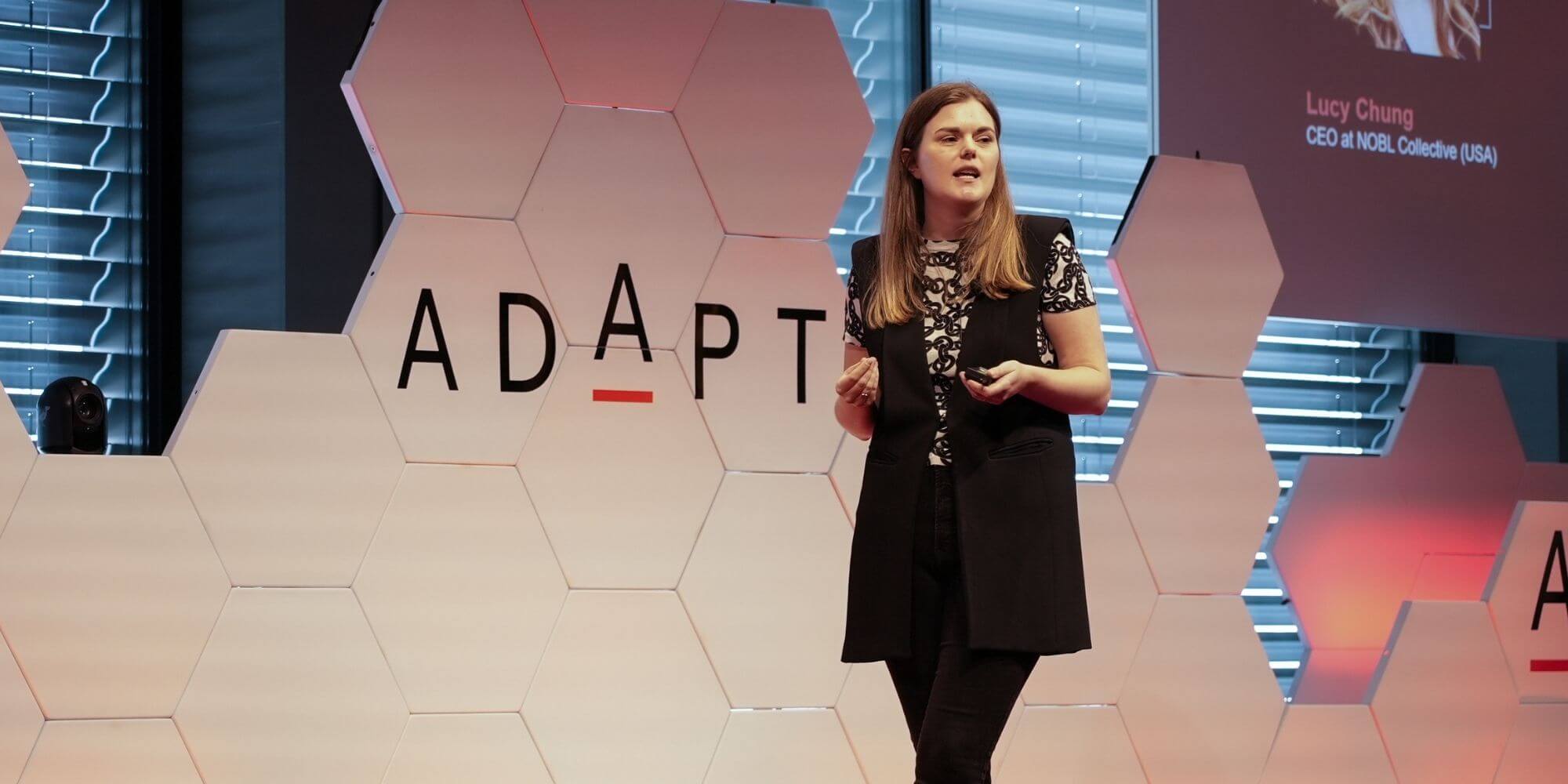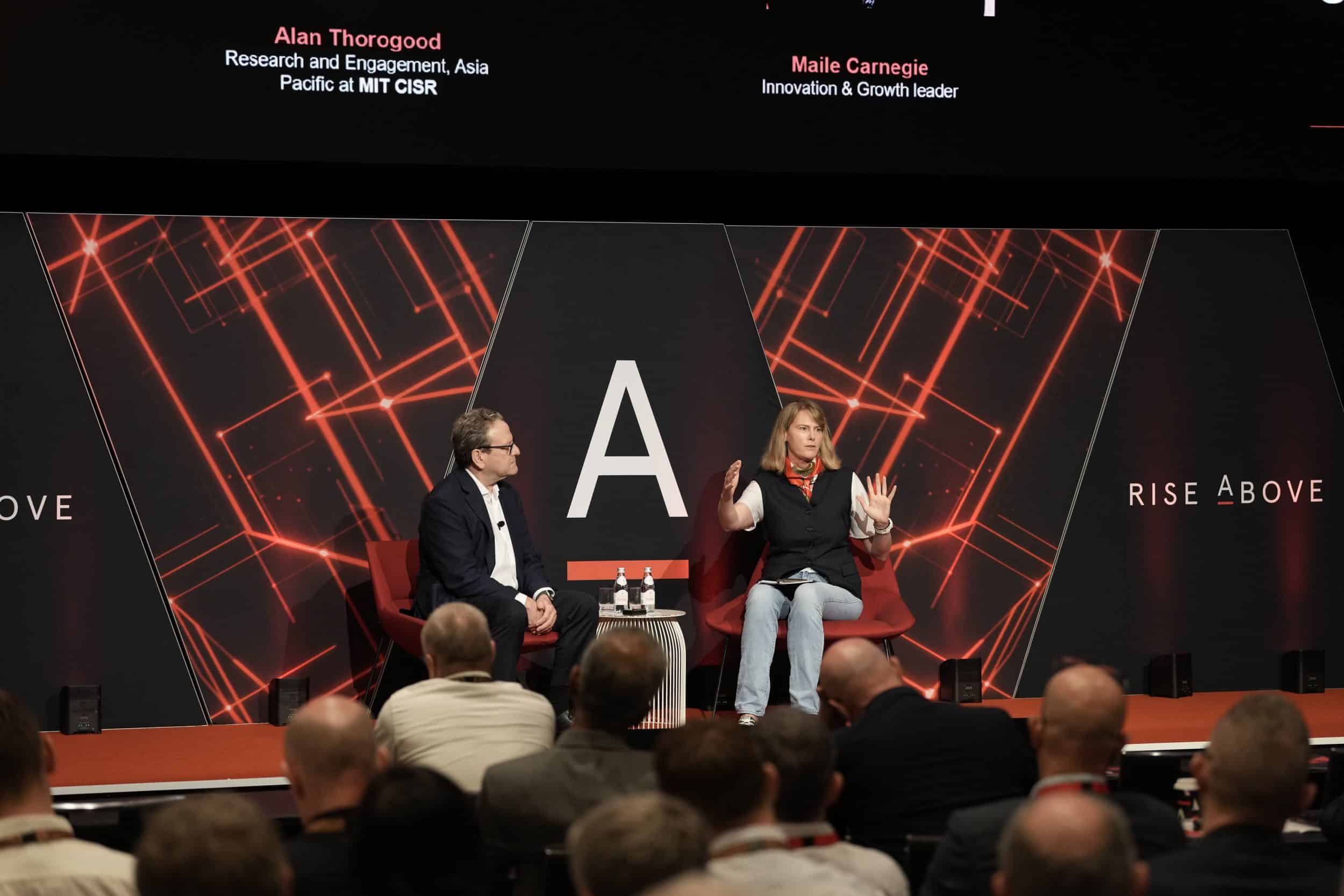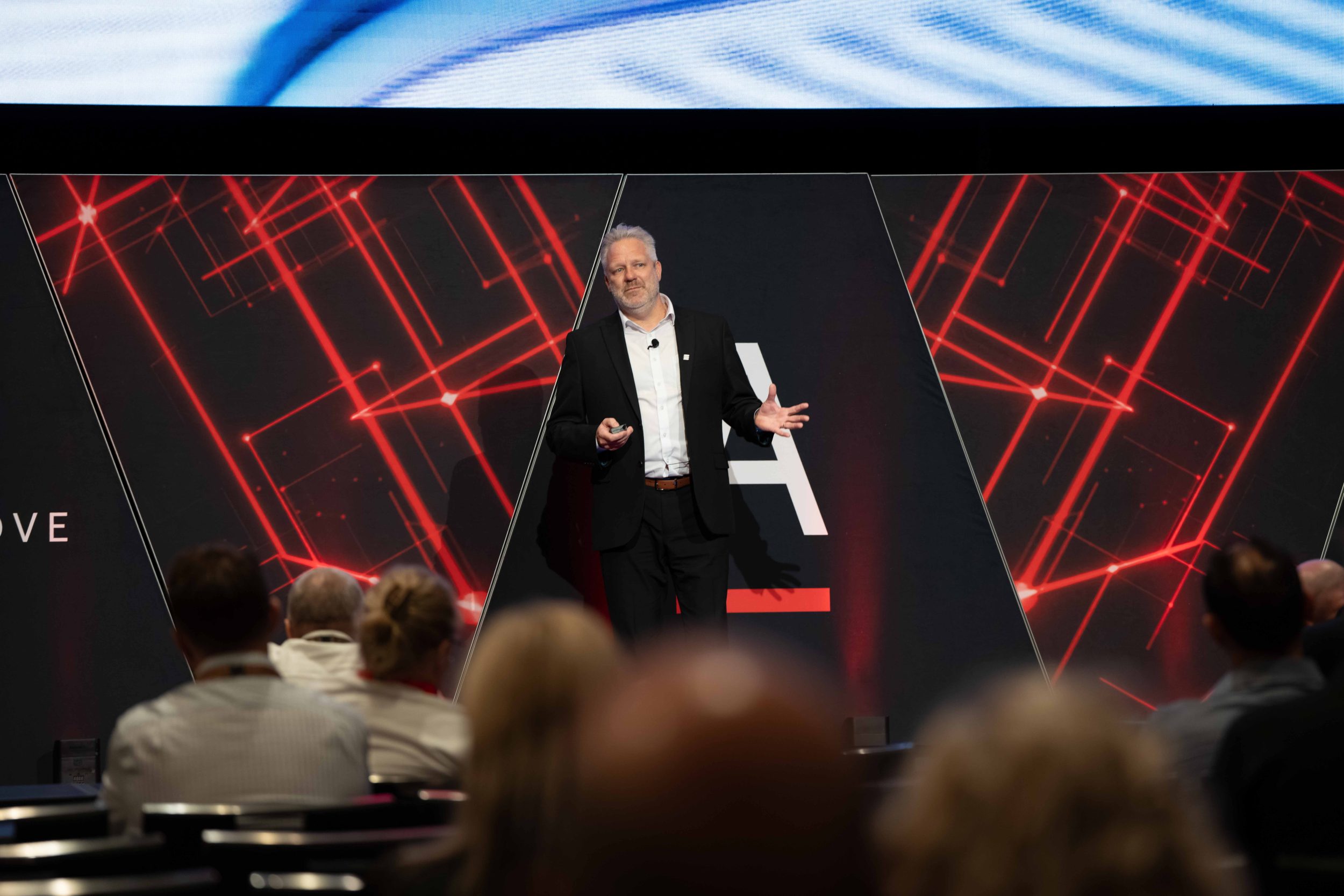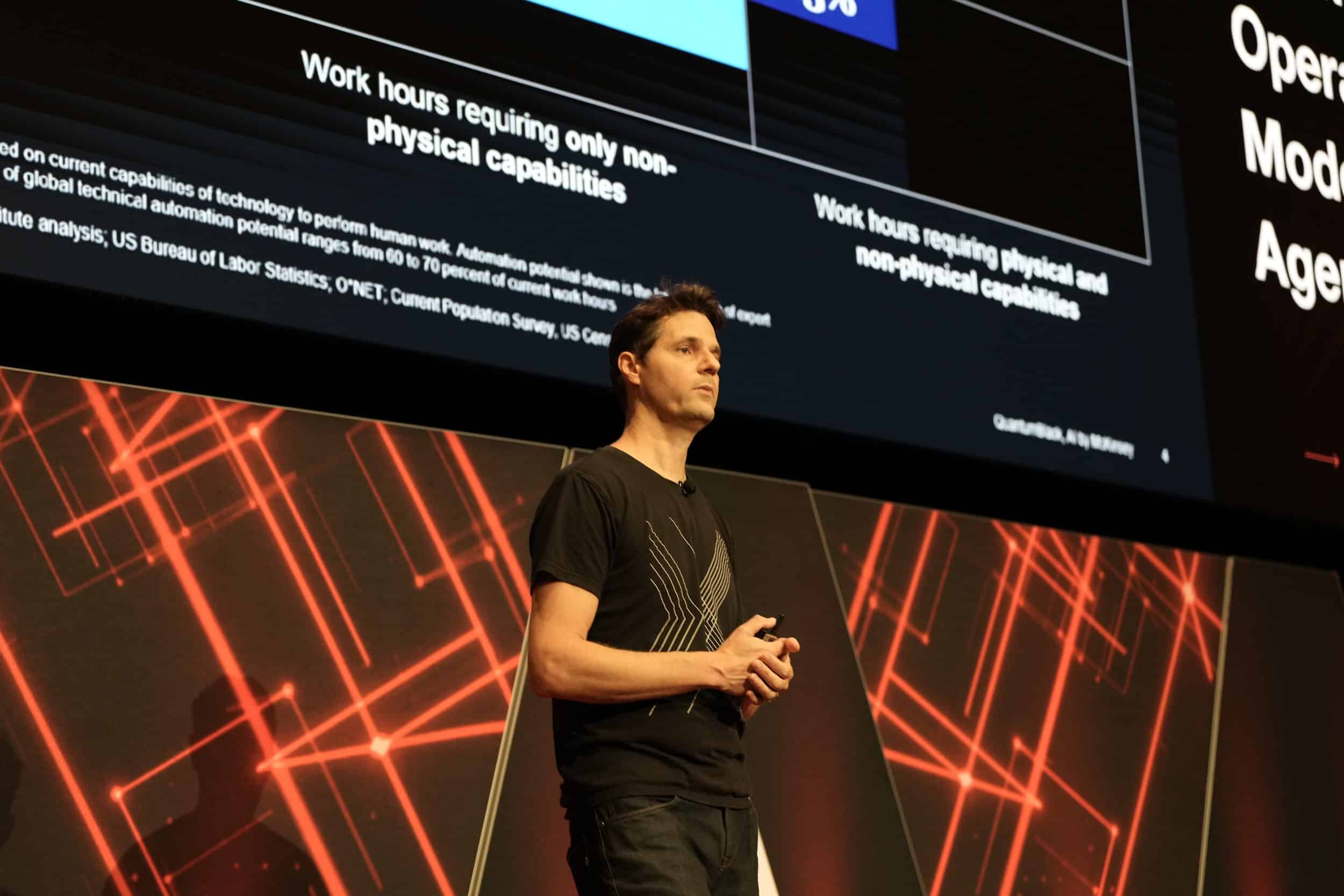Digital transformation requires culture change, but the natural human tendency is always to resist change.
Traditionally change management has been handed to people top-down, often as a process-oriented afterthought.
Instead, it should be rooted in your bonds with the people and stakeholders you will impact, with an empathy for their capabilities and support they need to effectively collaborate and recover organisational growth since 2020.
In her presentation at CFO Edge, NOBL Collective’s CEO, Lucy Chung, explores how to implement lasting change on a strategic level, with a deepened empathy for the types of loss employees can experience on the journey.
To unlock the full keynote video and access an entire catalogue of ADAPT’s expert presentations, localised research, case studies, downloadable data and community interviews, speak with a Senior Research Consultant today.
Transcription:
For these folks within your organisation, when they have to move from that ending into that adjustment and into that new beginning and do these changes, it’s a form of loss for them.
We, as humans, don’t like loss. It’s painful, it’s grief.”
We often think of loss in the financial sense or a loved one. We think of loss in a more traditional sense. I will define some other forms of loss that you’ll feel are familiar from within your organisation.
I’m going to unpack these a little bit, and then I will tell you how to address each of them within your organisation. It serves us to understand all these different types of loss.
With the loss of control, a CFO client that I was speaking to works at a Silicon Valley tech darling startup, and she rolled out zero-based budgeting. Some of you might say that’s a new fad, but she rolls it out. This big change would be like saying we’re going to switch to agile for a CIO.
And she said, Lucy, my managers said to me, you took my budget away. I feel like they didn’t understand it at all. I feel like this is going to go badly.
I made this big announcement. She was so excited about it. It was like this fun, sexy announcement about this new budgeting process she was going to use.
And I said that’s because they’re experiencing this loss of control. They feel like this is happening to them. It’s completely outside of their zone of control, and it’s being handed down to them.”
But what about the changes that are positive, like we’re moving to a new beautiful new office. You’re still going to experience some of that resistance because they still feel like it’s out of their control.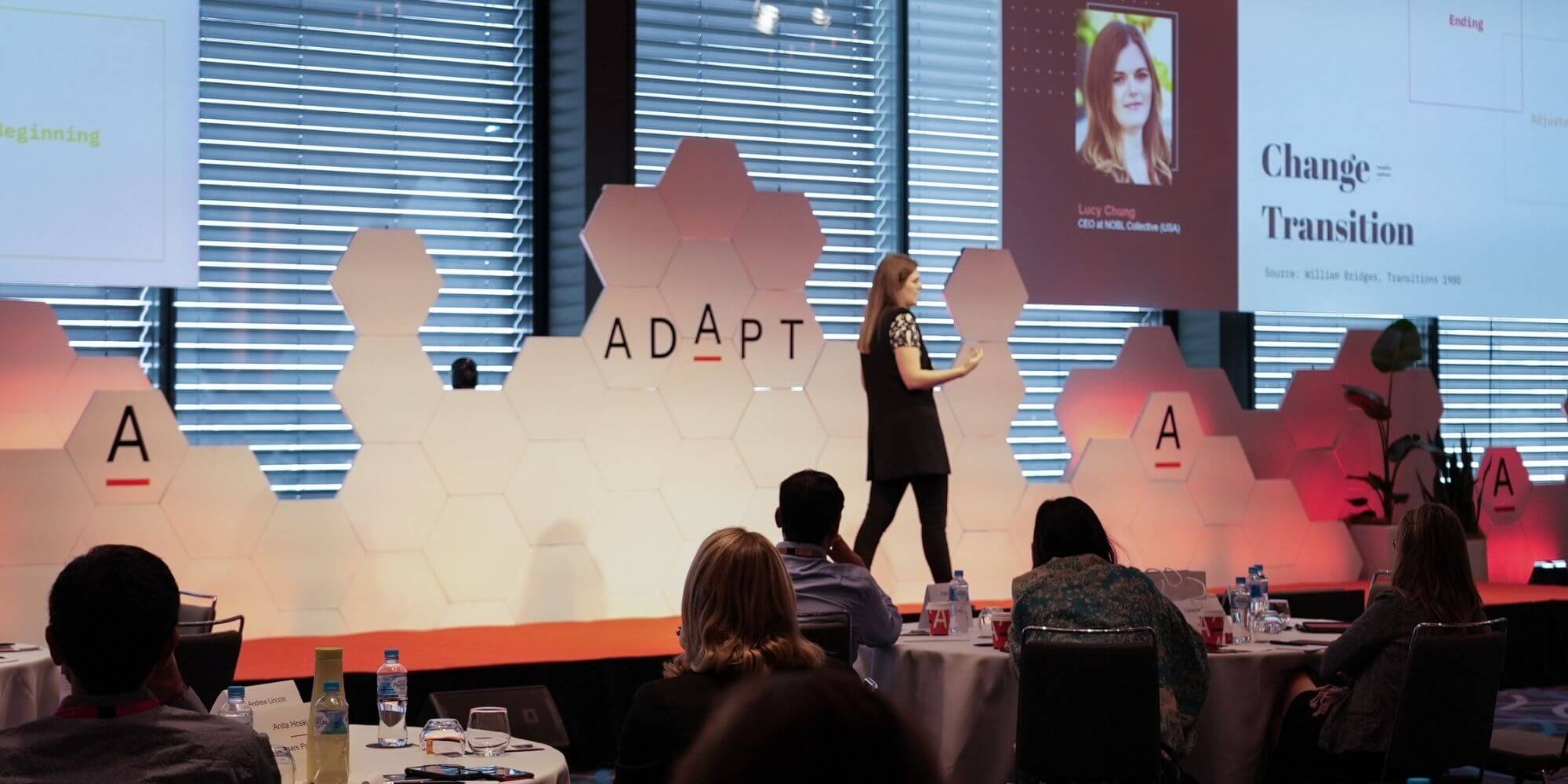
It’s still outside of what they felt like they could influence and they could own. With our work and organisations, it’s often this one. It’s often this loss of control that we’re seeing. People resist that change and become those cynics in the room.
This loss of control can create huge chasms between groups, huge chasms between subordinates and managers, huge chasms between departments.
If one department makes a phenomenal change in their minds, they’re all aligned. But the change affects a completely different department like the marketing department or the department, then often you’ll see that silo get strong between them because of this feeling of loss of control.
The next one is loss of pride. This is one of my favourite ones.
This happens when a new leader comes in and gets trumpeted as the saviour and champion. They’re going to usher in all these new ways of working.
What about all the people that contributed to all these other things that came before? It got them to the place to even afford and hire and retain this new phenomenal leader.”
But they’re not being recognised as having built that fantastic set of structures, processes. They’re feeling like they’re losing their pride. They’ve taken pride in all the work they’ve done for a decade before.
You’ll often hear more tenured folks surface. They’ll say, ‘wasn’t it good enough before?’ Or, ‘what about that system I built?’ Even if it’s an explicitly shoddy system.
If any of us have been through an ERP implementation, it’s pretty clear by the time that we’re going into the new system that the old one does need to go. And yet, you still will experience this loss of pride because many folks have spent days and days fixing bugs and implementing the last one.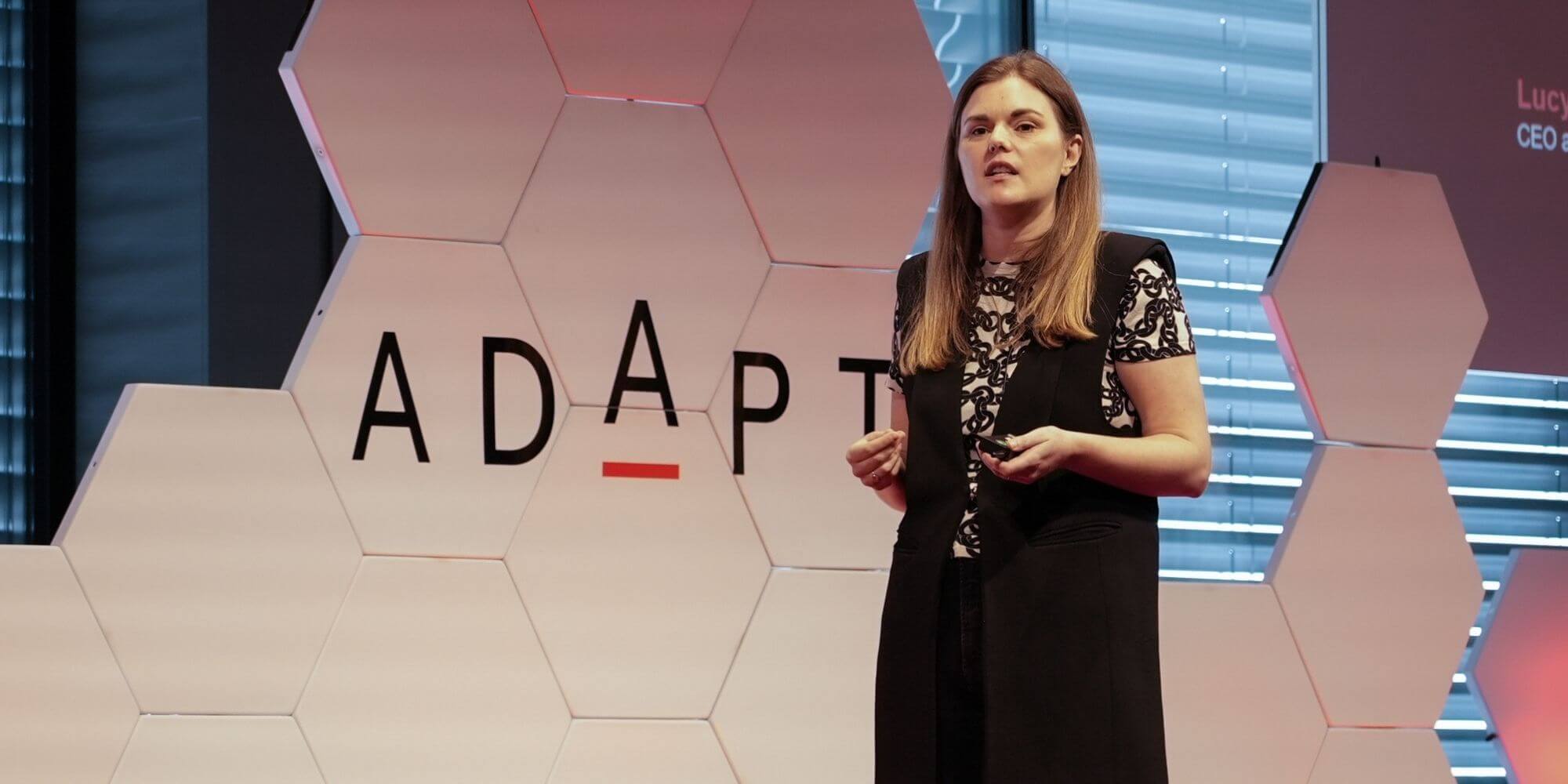
Honouring what they built before still matters is critical.”
This is one of the ones that will often come up. And it’s one of my favourites when it surfaces because it’s quite easy to interact with.
Which I’ll get to this one is a bit of a unique one. This is really about the contradiction between the story that folks have been telling themselves. The story may be the founder of the leaders telling the organisation and then what’s coming or what’s happening to them.
Here’s a classic example, one of my colleagues worked at this small agency, and for 15 years, they told themselves all the time, we’re scrappy, we’re entrepreneurial, we take all these risks. We’re this scrappy 15-year-old startup.
Then they had phenomenal success. And a big media holding company came and bought them. On paper, it looked like this incredibly positive change. They all got earn-outs. They were all in this much larger organisation with a bigger impact, bigger platform, massive influx of clients.
Yet each day, she was going home with this horrible, angsty, dissonant feeling of, well, we’re no longer that scrappy startup. Our risks require all this oversight and all this bureaucratic process.
She had lost that narrative. Even though it was a positive change, she was experiencing some of that loss and did feel quite resistant and had some dread about going in every day.
The last one, which I think we can all feel from the last year, is the loss of familiarity. Humans have spent much of our existence trying to predict stuff.
Loss of familiarity occurs when those patterns get disrupted. We find comfort in the familiar it’s our seat at the pub, it’s our coastal walk, it’s our mug in the kitchen. It’s your commute to work. It’s your desk at work.”
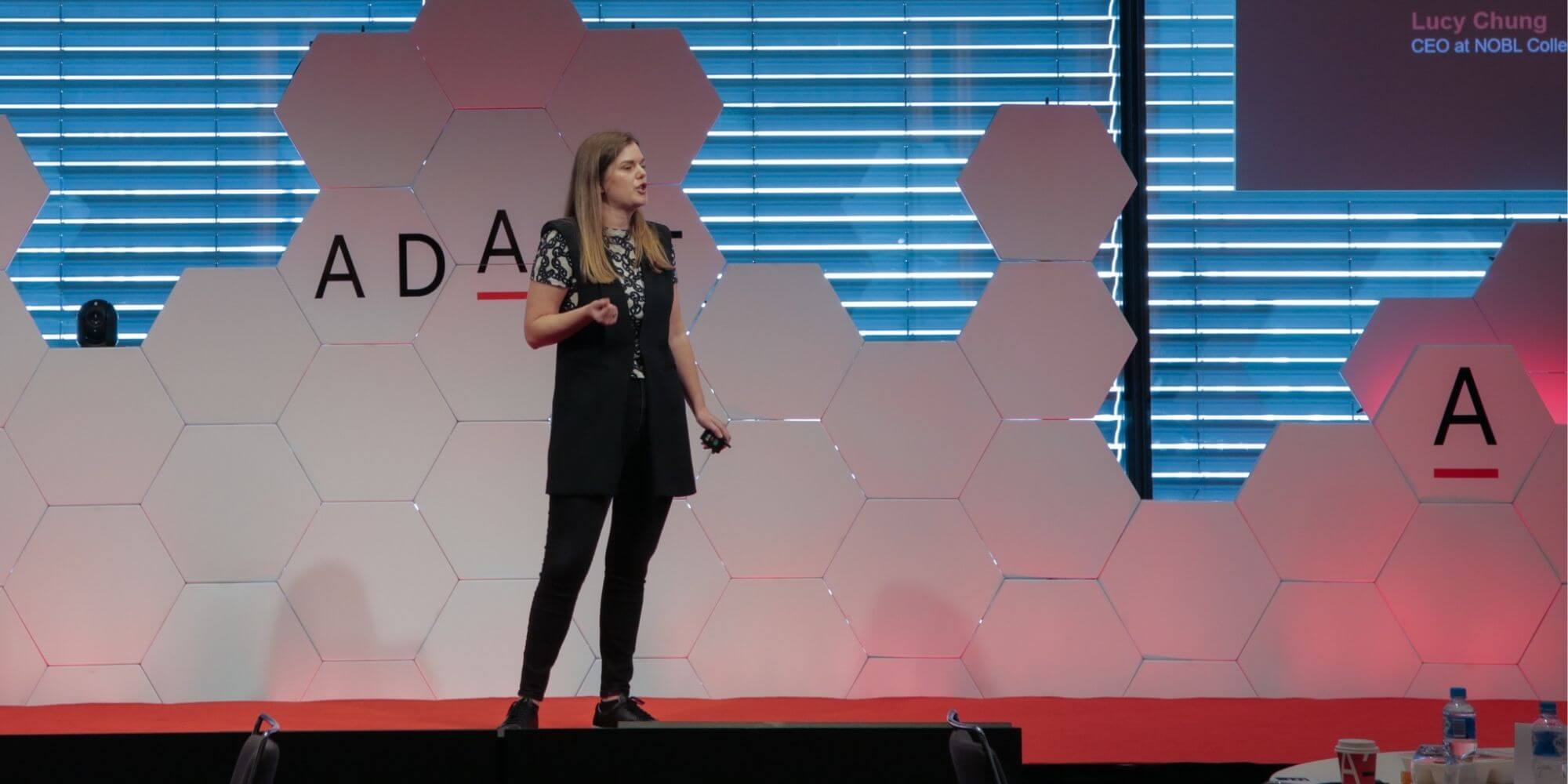
Working from home during the pandemic disrupted our patterns. These are a few of the Zoom calls that with our kids in them. And we’re sitting at home. It was like, this is not familiar. This does not feel like the familiar work that we’ve been used to. So this is a big one.
We find comfort in seeing the future, and change takes all of that away. We can no longer rely on what’s coming. It doesn’t feel stable.
The loss of competence; This picture is actually where we feel like when a new process comes like someone will find me out. I feel like a clown at work. We often say, “Being outside your comfort zone is such a good thing.”
We say that because of how uncomfortable it is, we say that to rationalise how awful it feels outside our comfort zone. We say, “Oh, growth happens there.” It’s like we’re partly telling ourselves that, so it feels a little less awful.
When we’re being asked to do something new, we’re at 50 percent or less in terms of our competence. Whether we’re onboarding, we’re learning. Our autopilot doesn’t work. Our instincts are no longer sharp.
I’ll often hear this when I get into that nitty-gritty with someone who’s having that resistance to changes, “I have no idea what I’m doing. I feel like someone’s going to find out.”
We knew that that would happen because the leaders knew this change would require you to upskill and learn new skills.
For whatever reason, that loss of competence is present for them. And then they start resisting that change.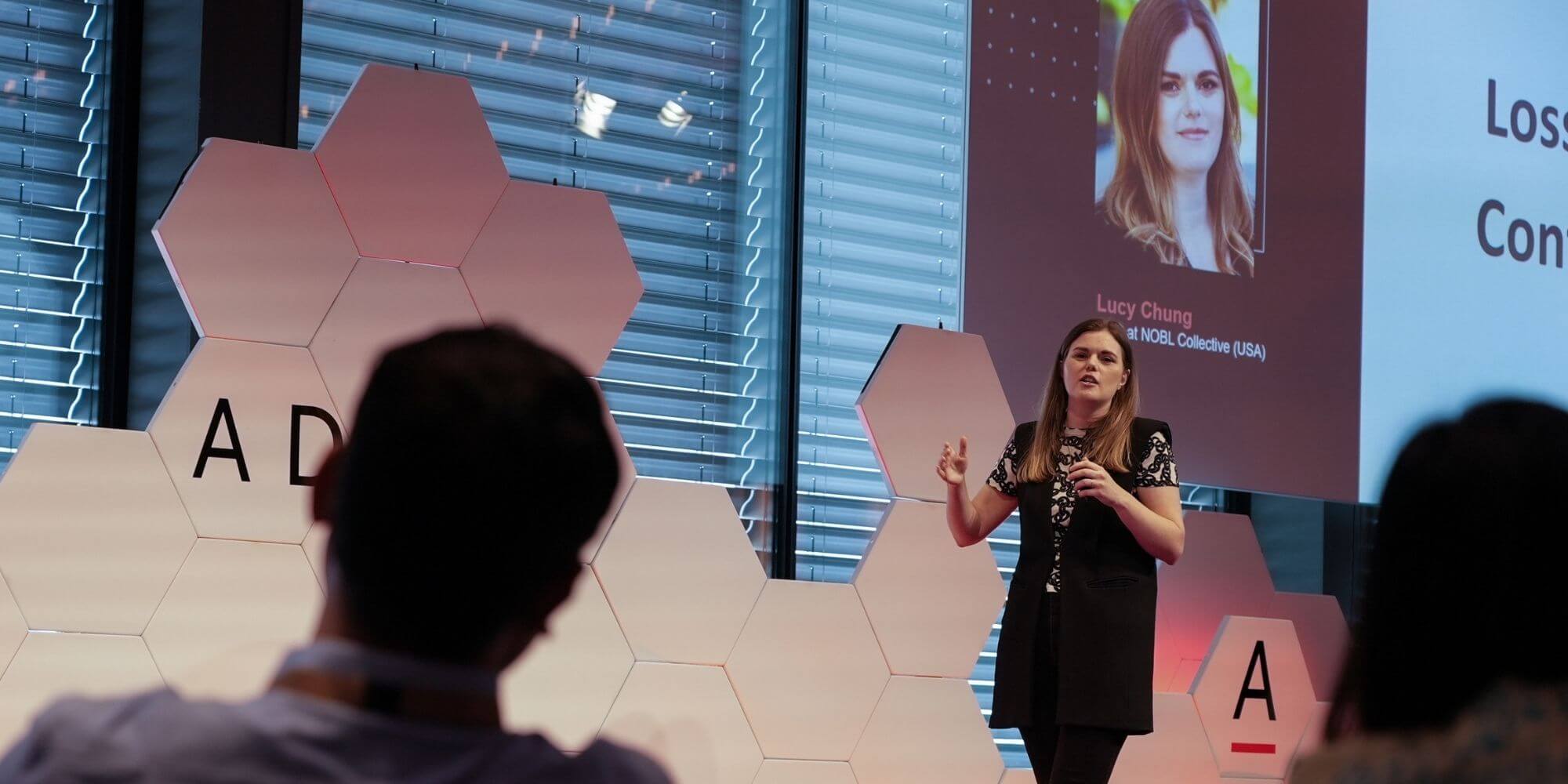
And then the last one is loss of time. This is an obvious one. Change adds time. You’re learning new processes. Learning something new, your autopilots are not on. It’s related to that loss of competence. The other thing is we’re all moving at 90 kilometres an hour; we’re all moving at a rapid pace.
Not being able to do that does create a loss of time.
Those are six types of loss that you could experience in an organisation.
To unlock the full keynote video and access an entire catalogue of ADAPT’s expert presentations, localised research, case studies, downloadable data and community interviews, speak with a Senior Research Consultant today.





















